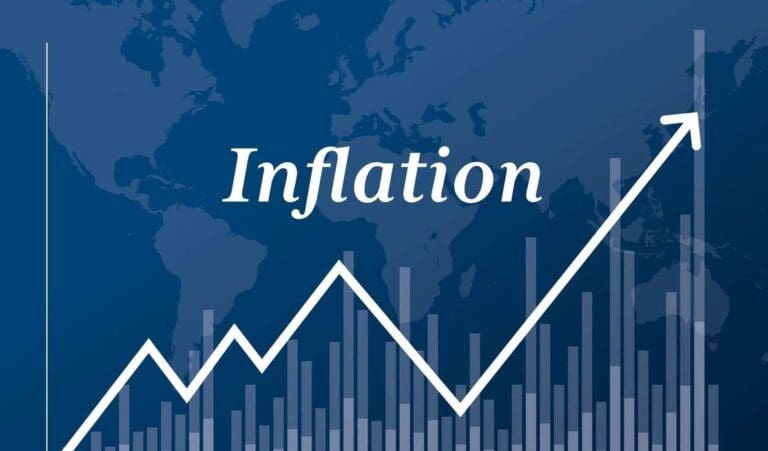A renowned Nigerian economist, Dr. Ayo Teriba, has said that if the Nigerian Government is able to attract $50 billion worth of foreign direct investment (FDI) into Nigeria, the country’s inflation rate can be brought down to 5 per cent by 2025.
Speaking on a television programme, Dr. Teriba who is also the Chief Executive Officer of Economic Associates (EA), argued that bold reforms aimed at attracting substantial FDI would be transformative.
He explained that such an inflow of investment will strengthen Nigeria’s local currency, the naira, stabilize exchange rates, and positively influence the country’s macroeconomic indices, which currently exacerbate its inflation woes.
According to him, it is possible for Nigeria to achieve 5 per cent inflation next year from current inflation rate of over 34%.
Recalling the experience of Argentina, Teriba stated that 5 per cent inflation is possible next year. “Look at what happened in Argentina. Economists don’t prophesy, but make conditional statements,” he said.
“If the president can complement the efforts on tax and finance reforms with an investment act to attract $50 billion FDI within the next year, exchange rates will stabilize and inflation will drop to single digits,” he stated.
According to him, the existing economic policies, particularly those focused on debt servicing, undermine the government’s ability to achieve this target.
He pointed out that borrowing to pay off previous debt is counterproductive and fails to address Nigeria’s underlying economic challenges.
“The interest rates offered to Nigeria by international creditors are among the highest globally, primarily due to the country’s poor credit rating. This makes borrowing inefficient and unsustainable as a long-term strategy,” he added.
He called for a shift in the government’s current borrowing practices towards equity-based financing over debt. He noted that many countries with economies comparable to Nigeria’s borrow at significantly lower rates because they issue higher-grade debt instruments.
GIK/APA


